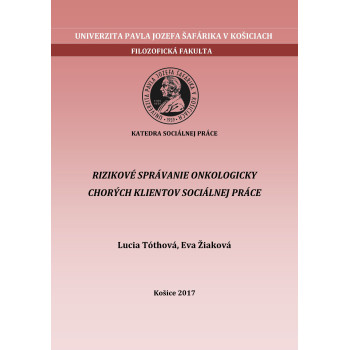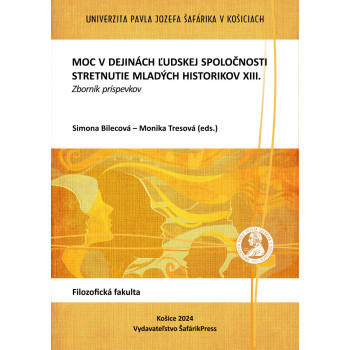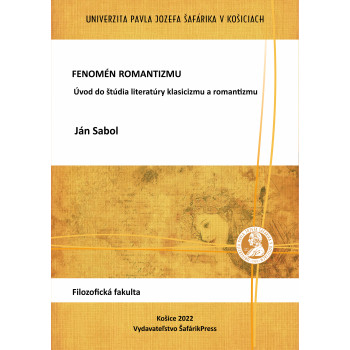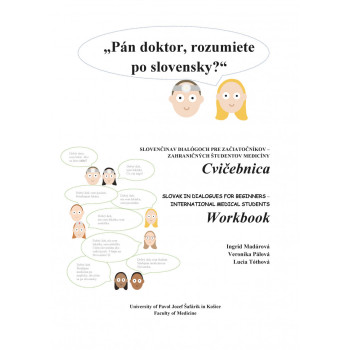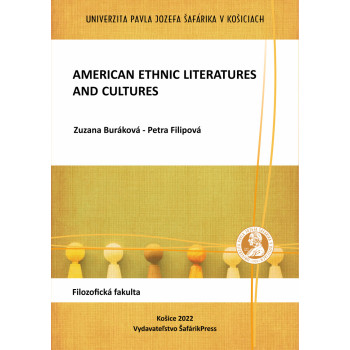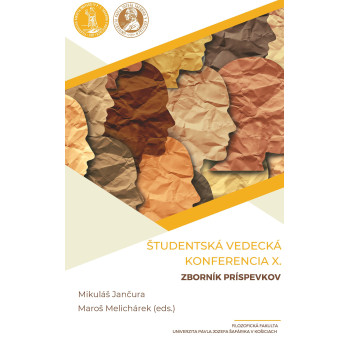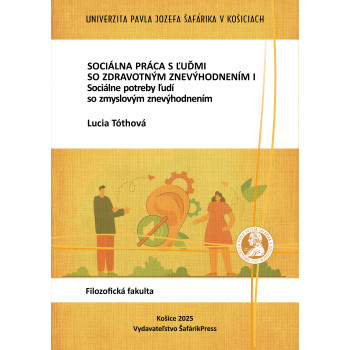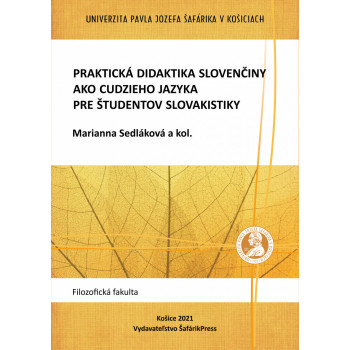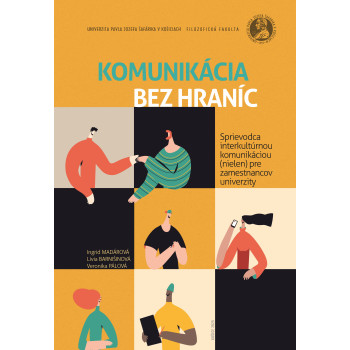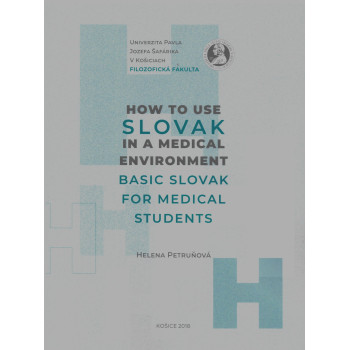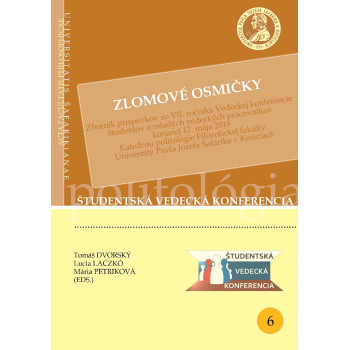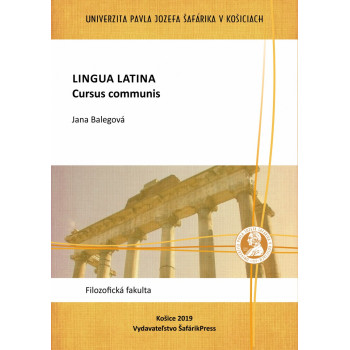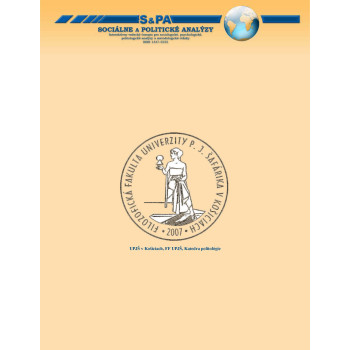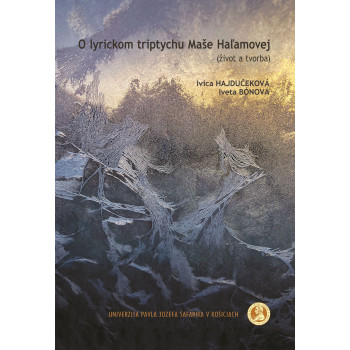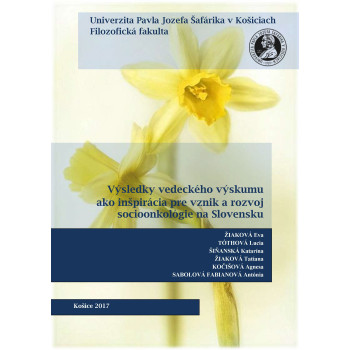
Rizikové správanie onkologicky chorých klientov...
E-book
The current time is fast, hasty, with strongly asserted women's emancipation, absorbed by information and communication technologies that overcome distances but create them at the same time. The lifestyle of humans is changing, many diseases are on the rise, and cancer is becoming a "trend of the present". Claims on man, and especially on women, are now too great. Women perform multiple roles and perform many tasks. They become caregiving mothers, understanding and surrendered wives, workers with professionalism and flexibility, and idols the myth of beauty too. Due to the overlapping of the traditional gender division of labor, the life of women takes place on several levels. Their work day does not end when they leave the job, but they continue to care for their household and their own family. Besides all, they strive to fulfill not only personal expectations, but also the expectations of the family, social environment and society, reject failure and strive for perfectionism.
In our lives, situations that affect and burden us more or less appear. Even though we can not in control everything and everyone, we are able to control situations that are of direct concern to us. In life, we encounter problems in employment, financial problems, illness or death of near. As well as negative, also positive situations affect us. Each responds to each situation different ways.
Monograph is one of the ways in which we aim to draw attention to the so "C-coping style" as a maladaptive way of managing the burden that is typical of oncological ill patients. It is one of the possible concepts that affect the manifestation of breast cancer. Based on this, we have focused on the used coping strategies and we consider the life events to be a significant burden in the lives of cancer patients. The research is aimed at synthesizing the life events and the coping strategies used to coping them, conceived as a risk behavior of patients with breast cancer. As the coping of the burden can be different between men and women, the monograph is intended predominantly for women, to which we have also focused in realized research. They can be patients with oncological diagnosis, but also women who want to prevent this disease by use effective coping life events. We also believe that the monograph will enrich everyone who is interested in the same target group.



